Commitment + Clinical Leadership = Better Outcomes
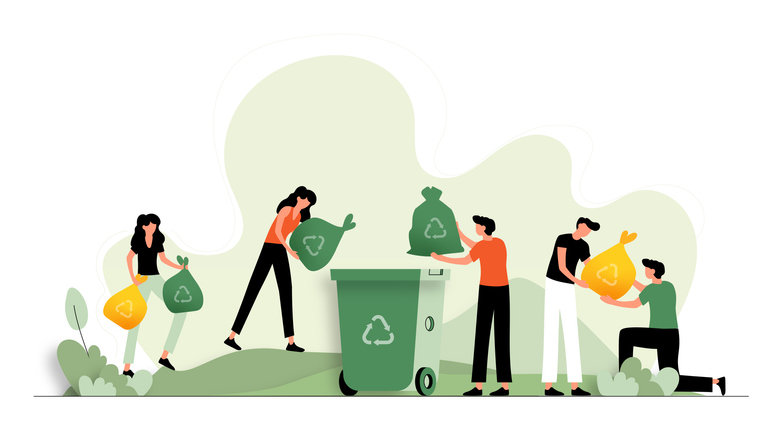
Recycling Facts & Tips
Recycling is important for keeping our communities clean and helping our planet’s environment stay green. After all, the more we recycle, the more we can reuse the items to manufacture and create new products.
Here are some facts about different products we recycle that you may have not known, and some ways you can be greener in your everyday life.
Plastic
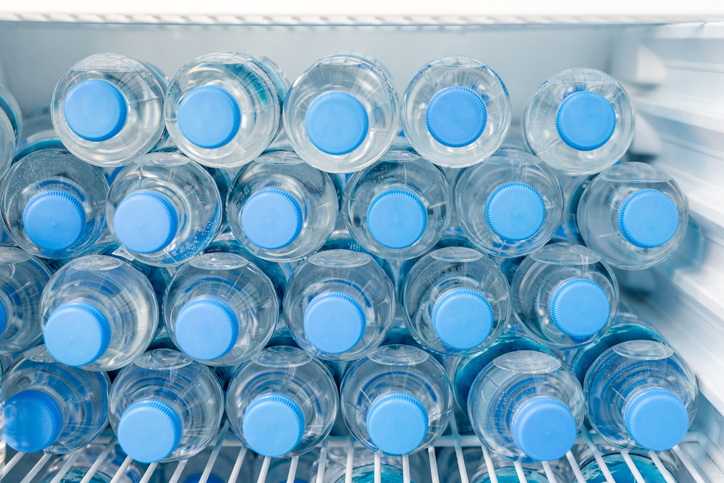
Did you know that every hour, Americans throw away 2.5 million plastic bottles?1
Think about how many times you have drank from a plastic bottle – this includes when you grab a water bottle with your lunch or enjoy a cold soda on a hot day.
There’s no doubt that tons of plastic go into our landfills. Another recycling fact is some items such as plastic straws, plastic bags, coffee cups, and keyboards can’t be recycled (or recycled under certain circumstances).2
Furthermore, 50% of plastics are used for single-use purposes, including packaging and beverage containers.3 Think about all the items you use in your life that are single-use and then you throw them out into the trash bin the next day.
Educate yourself on your recycling facts when it comes to plastic. This can help you find ways to stay greener in your own life and seek out alternatives whenever you can.
How you can reduce plastic use
Even though there is no escaping plastic products in America, thankfully there are ways you can reduce plastic in your everyday life.
Here are some simple ways you can cut down on the amount of plastic you use:
- Buy reusable straws and avoid using straws at restaurants
- Bring your own shopping bags to the grocery store
- Always buy beverages in cans or glass
- Avoid zip lock bags by using reusable containers
- Get a reusable cup for your coffee and tea
These are just some of the many ways you can reduce your plastic consumption.
Glass
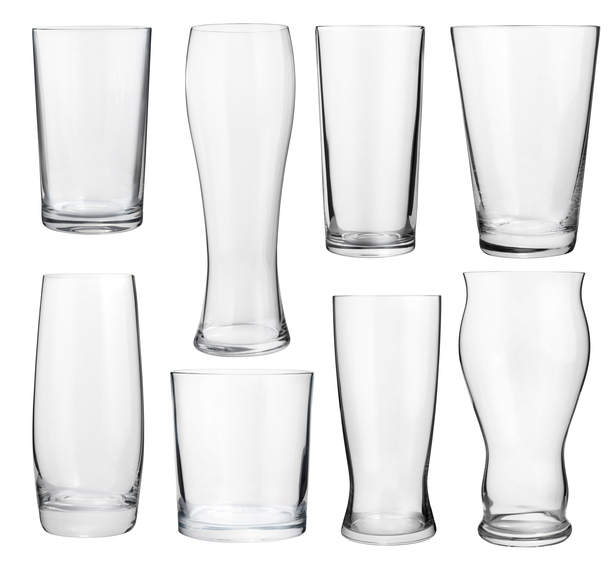
Glass is used in our everyday lives, from jars to drinking glasses to decorations.
Even though glass can be recycled an infinite number of times, we still throw out 28 billion bottles of glass every three weeks.1
That’s a lot of glass that isn’t getting recycled, yet we can do our part and throw it into the recycling bin. And because glass can always be recycled, there’s no fear of losing the quality no matter how many times it gets reprocessed.
However, it is a true recycling fact that some types of glass cannot be recycled together for the reason that different manufacturing procedures are used to create them. This includes windows, Pyrex, and ovenware.4 Each type of glass will need to be recycled a different way, so consult with your city guidelines if you are unsure how to recycle different types of glass.
Do your part and recycle the glass in your life to help keep our landfills clean and free of little shards.
Cardboard
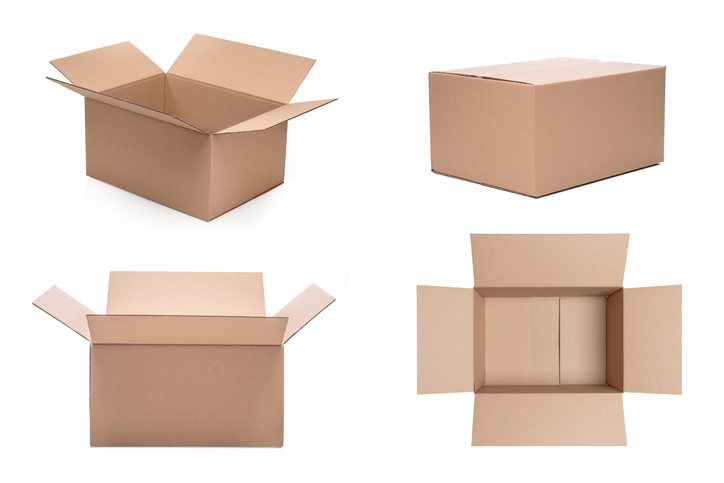
Cardboard is one of the most common packaging materials, from being used to transport deliveries to holding items inside of boxes at local stores.
Did you know that recycling 1 ton of cardboard saves 46 gallons of oil?1 That means by recycling cardboard, you are reducing the amount of toxins that are put into the earth from the manufacturing process.
Another recycling fact is that 90% of items in the United States are shipped in cardboard boxes.5 Think about how much cardboard must be produced each year to meet the demands of every individual who orders something online.
Unfortunately, American households throw away 13,000 pieces of cardboard each year.6 This cardboard goes straight into the landfill, creating more waste than necessary.
Do your part and recycle as much cardboard as you possibly can. Keep in mind some cities prohibit the recycling of certain cardboards such as pizza boxes because the grease from the pizza makes the cardboard not recyclable. You don’t want to mix unrecyclable cardboard in with recyclable cardboard due to potential cross-contamination.
Check your local guidelines to find what types of cardboard can be recycled, and how you can send it in.
Paper
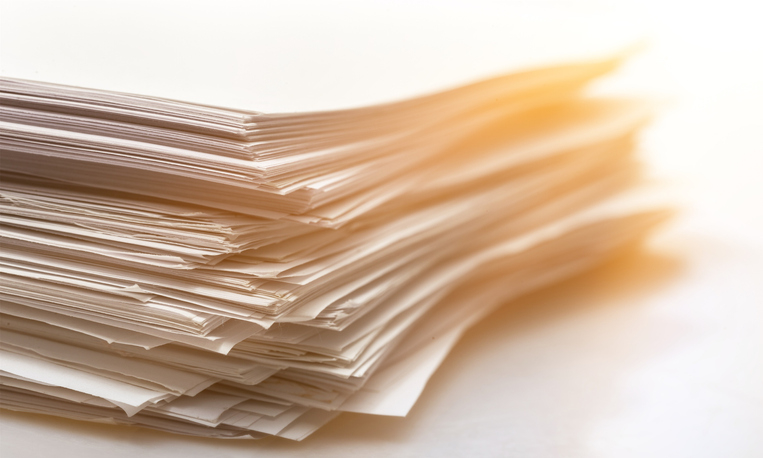
Paper is used in our everyday lives, from documents to books to keeping notes. You’ll find paper in both the office and school settings, as well as for more important items such as mail.
However, did you know approximately 1 billion trees worth of paper are thrown away in the United States?5 That means we’re cutting down our forests to create paper that ultimately ends up in the trash.
You can work to recycle paper in your office or home by simply adding a recycle bin. You can use it to toss paper into, and then take it to the proper place where it will be recycled.
You can also work to reduce paper in your everyday life. Some strategies to minimize paper usage include:
- Using electronic forms of keeping notes and records
- Switching to paperless billing
- Printing on both sides of a paper rather than one
- Canceling newspapers, magazines, and other subscriptions you don’t use
- Using a whiteboard for notes
- Buying digital copies of books
You can start by making a simple switch in some of your habits to start reducing paper waste today.
Cans
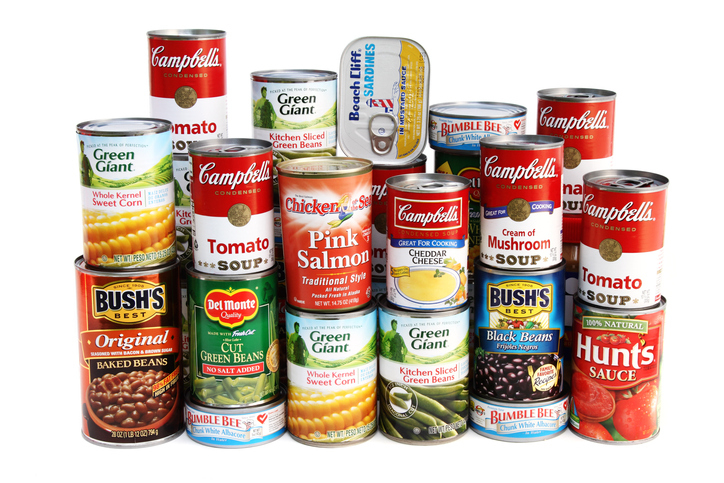
Aluminum cans are used for packaging food, beverages, oils, and more. And just like glass, cans can be recycled an infinite number of times and the quality doesn’t break down.7
That means it’s advisable that we clean out our used cans and send them off in the recycling bin. However, our society doesn’t recycle cans enough because every three months, Americans throw away enough aluminum to build our nation’s entire commercial fleet.1 This recycling fact means tons of aluminum aren't finding their way to the recycling plant.
A few ways you can make sure aluminum goes into the recycling bin is:
- Rinse and recycle your beverage cans as soon as you’re done with them
- Always recycle your food cans after your meals
The good news is around 75% of aluminum that has ever been produced is still in circulation.7 Do your part and recycle as much as you can to prevent unnecessary aluminum waste.
Learn More About Recycling
We encourage you to recycle and keep the earth clean. Take these recycling facts with you and start recycling today. Check out your local city guidelines to find out how you can safely recycle each of these products.
Saber Healthcare is an organization dedicated to providing consultant services to long term care providers. This article is for informational purposes and is not meant to be seen as professional advice. Please consult with a medical expert before relying on the information provided.
Sources
- https://www.recycleacrossamerica.org/recycling-facts
- https://blog.nationalgeographic.org/2018/04/04/7-things-you-didnt-know-about-plastic-and-recycling/
- https://plasticoceans.org/the-facts/
- https://www.gpi.org/glass-recycling-facts
- http://www.oneearthrecycle.com/recycling-facts#:~:text=Recycling%20cardboard%20only%20takes%2075,billion%20square%20feet%20of%20cardboard
- https://generated.com/cardboard-recycling-facts
- https://www.recyclenow.com/recycling-knowledge/how-is-it-recycled/cans
